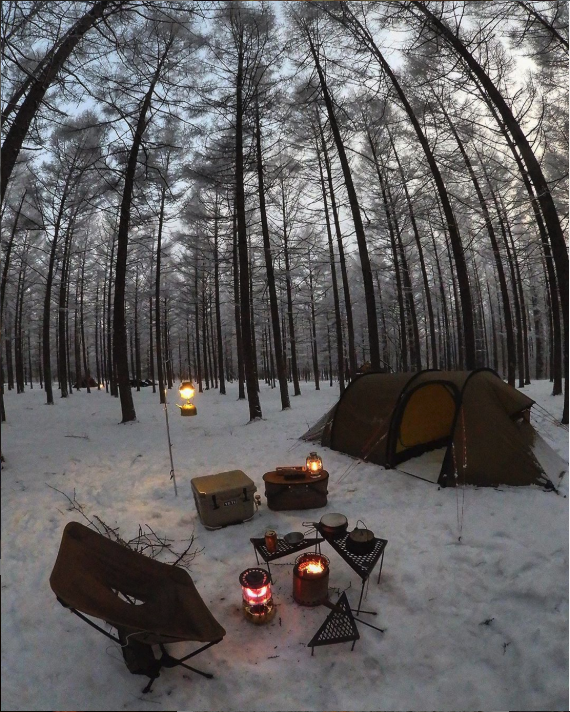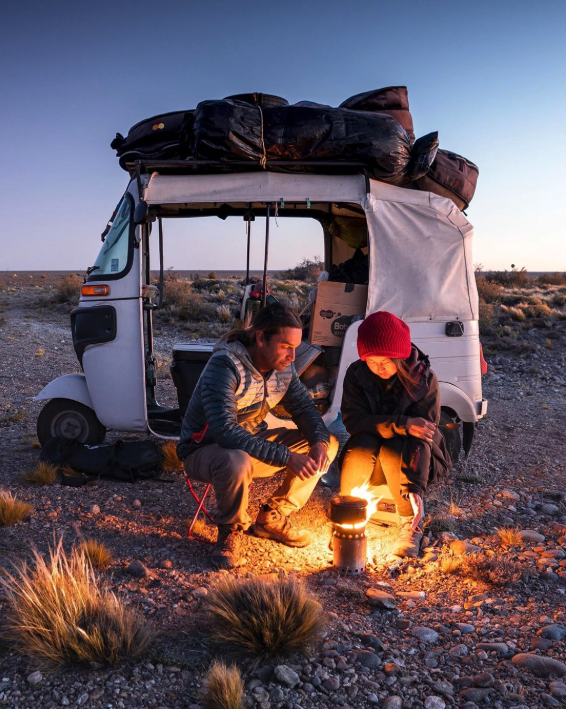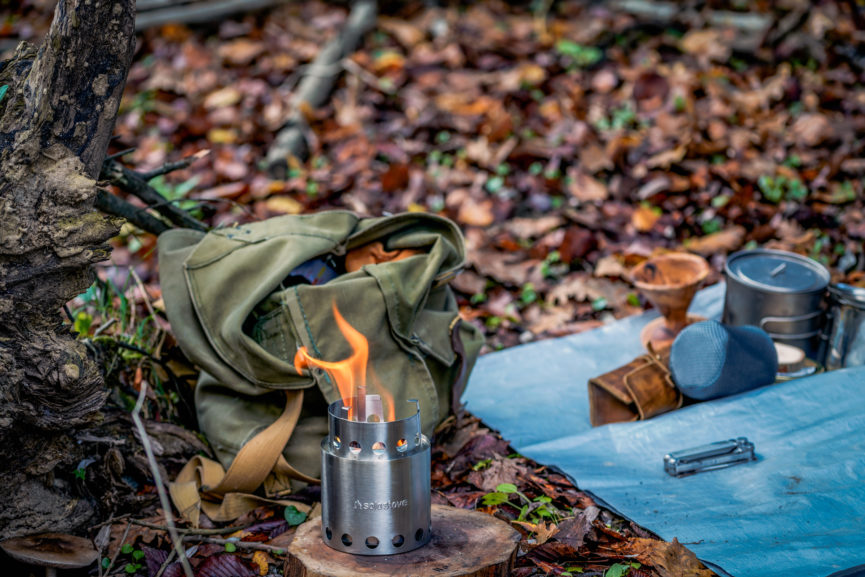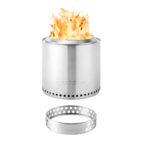Spring is around the corner. As we get ready to spend more time outdoors, it’s important to think about the footprint we leave on nature.
You might have heard of Leave No Trace. It’s a program from the Center for Outdoor Ethics with the purpose of educating outdoor adventurers about the impact they have on plant and animal ecosystems. According to Leave No Trace, 9 out of 10 people are uninformed about the mark they leave on natural lands. That number is staggering. At Solo Stove, we believe it’s important to do our part in maintaining the beauty and integrity of the great outdoors, whether it’s a national park or our own backyard. Here are some guidelines for your next adventure.
The Seven Principles
- Plan Ahead & Prepare
- Travel & Camp on Durable Surfaces
- Dispose of Waste Properly
- Leave What You Find
- Minimize Campfire Impacts
- Respect Wildlife
- Be Considerate of Others
Plan Ahead and Prepare
Damaging natural areas and its ecosystems can be avoided through simple planning. Planning our meals and learning the geography of the area(s) we visit keeps both nature and ourselves safe.
- Protect habitats by not veering off established trails. This will also help keep you from getting lost.
- Prep one-pot meals that require minimal utensils to lessen waste and the weight in your pack.
- Remove store-bought food from its packaging and place it in reusable bags before your trip.
- Use a wood-burning camp-stove and fire striker to reduce waste generated from commercial fuels.
Travel & Camp on Durable Surfaces
Established trails are important because they concentrate foot traffic into areas where humans can have the least impact on wildlife and plants. If you get off a trail, you can scar the landscape. If you are backcountry camping away from public areas, always be mindful of where you walk. You can damage important species of plants, as well as alter the landscape.
- Leave space on the trail for others to pass by you if you’re taking a break. Ample room will allow them to not have to leave the trail.
- Camp 200 feet, about 70 paces, away from water and trails.
- Use existing campsites or choose an area where you will camp with the least amount of natural vegetation.
- Keep your campsite small.

Dispose of Waste Properly
100 million pounds of waste is generated in national parks each year. Planning your campfire meals will reduce the amount of trash you produce. The golden rule of keeping Mother Nature clean is if you brought it with you, it needs to leave with you.
- Gather and haul trash away from the campsite in bags and dispose of it in designated bins.
- Plan meals that require the least amount of plastic utensils. Soup and instant noodles are great, because they are easy to make on a camp stove and can be enjoyed without a spoon. You may also consider reusable camping utensils.
- Haul away every bit of leftovers, even bacon grease, away from the campsite so you won’t attract animals.
Leave What You Find
Leaving nature as you found it allows others to enjoy the great outdoors the same way you did. Don’t alter the landscape in any way. This applies to more than just carving your initials into a tree.
- Avoid digging trenches, making lean-to’s, and other alterations to your campsite.
- Don’t cut living branches or hammer trees with stakes or nails to hang things such tent supports or clotheslines.
- Leave natural and cultural objects where you found them. Rocks, fossils, and artifacts are cool to find, but they are important to the heritage of the area you visit. They could be part of an ongoing study by researchers in the area.
Minimize Campfire Impacts
Solo Stove camp stoves and fire pits already leave no trace since they use found twigs, pinecones, sticks, and fallen branches as fuel and burn to a small amount of ash. Here are some guidelines on being responsible with your fire:
- Haul away spent campfire ash away from your campsite and dispose of it properly. You can even take it home and reuse the ash.
- Camp in areas where wood is abundant if you need to gather wood for your fire.
- Use dead, fallen branches, twigs, and other biomass as fuel. Never cut fresh wood for your fire.
- Buy firewood from a local source if you need to bring it. Never bring firewood from home.
- Scatter unused wood around the area when you leave to keep it looking as natural as possible.
- Set up your Solo Stove in an existing fire ring if available.
- Make sure your fire completely burns out before you leave your campsite.

Respect Wildlife
We love getting to see animals we don’t see every day. For the animals’ safety and your own, respect any animal you come across in the wilderness.
- Never approach animals. They can feel threatened and potentially injure you and themselves in the process. Observe them quietly from a distance.
- Do not feed animals. Any human food can interrupt their normal diet and make them ill.
- Store rations and food waste securely in your campsite
- Keep your pet on a leash at all times.
Be Considerate of Other Visitors
Everyone gets the opportunity to enjoy nature when fellow outdoor adventurers show each other courtesy. One of Solo Stove’s core tenets is helping people reconnect to what matters most, whether that’s with nature, their family and friends, or both. Ethical outdoor behavior towards others makes that possible.
- Be mindful of noise. Some people go into nature for peace and quiet.
- Be considerate of how technology affects those around you. Loud music, lights, and phones can be a huge distraction.
- If passing others on a hiking, biking, or horse trail, let the other know you are passing and proceed with caution.
For more information on how you can Leave No Trace, visit https://lnt.org/.
How do you do your part to Leave No Trace when you enjoy the outdoors? Share with us on Instagram and Twitter using @solostove and #solostove.



